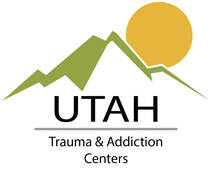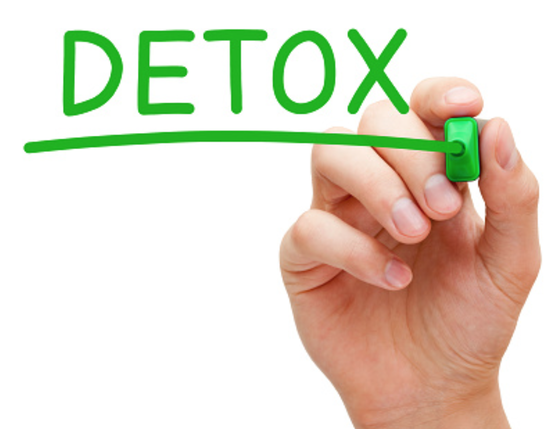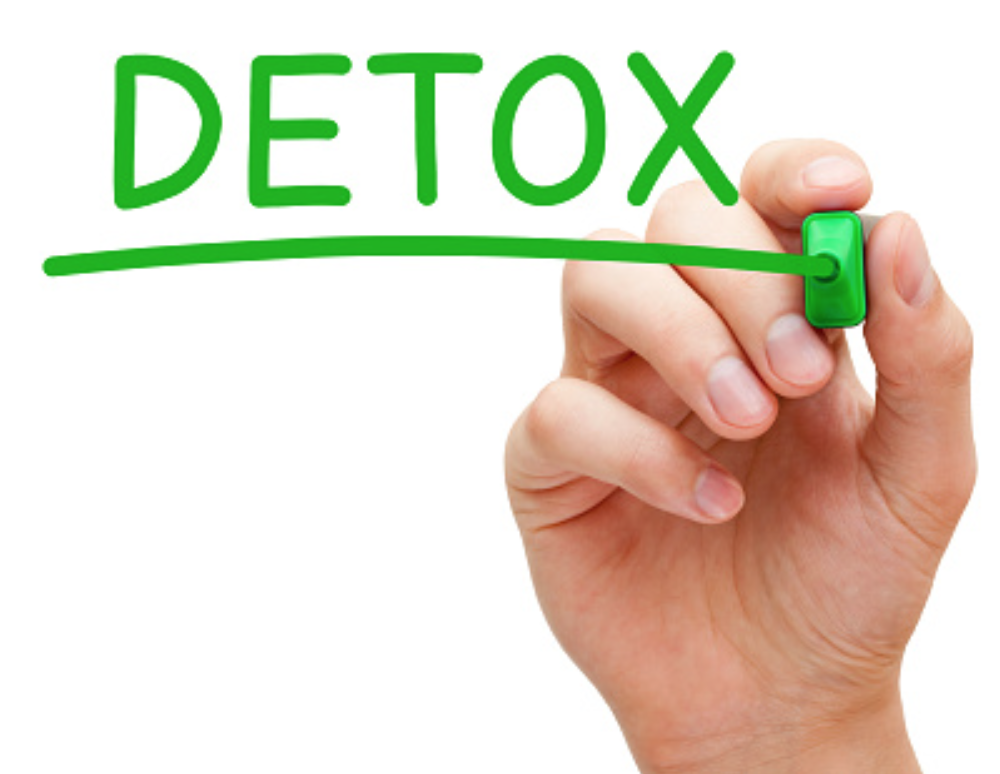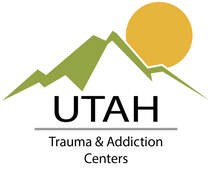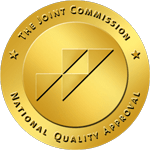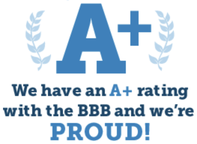Eagle Mountain Drug & Alcohol Detox / Withdrawal |
|
Withdrawal is not only a physical issue but an emotional issue as well. Physical withdrawals happen when your body is physically dependent on a substance and you suddenly stop taking that substance. Different drugs produce different withdrawal symptoms and must be treated differently. There is no one medication or technique to fit all withdrawal symptoms.
Some substances are more dangerous to withdrawal from and may require medical management. The two most dangerous drugs to stop “cold” are alcohol and Benzodiazepines, both of which can cause seizures and in rare cases even death. Opiate addicts have also been known in certain situations to have seizures as well, depending on how long they have been using and how much.
Alcohol and Benzodiazepine withdrawals can range from mild shakiness and nausea to seizures and possible death. These two drugs work very similar in your brain and can produce very similar symptoms of withdrawal.
Severe Alcohol withdrawals often include:
Severe anxiety
Nausea or vomiting
Shaking
Sweating
Racing heart and chest tightness
Muscle cramps
Difficulty breathing or hyperventilating
Skin crawling sensation
Confusion
Extreme agitation
Hallucinations
Seizures
Benzodiazepine withdrawals while similar to the withdrawals of alcohol, can also lead to a heart attack, stroke and/or death.
Withdrawals from Opiates (Heroin, prescription pain pills) are not as life threatening, but can be extreme. If the withdrawals are severe enough, dehydration from excessive vomiting and diarrhea can occur, which can lead to seizures and other complications.
Some of the more common withdrawal symptoms are:
Severe stomach and muscle cramps
Vomiting
Cold sweats
Hot flashes
Shaking
Runny nose and watery eyes
Extreme restless legs
Insomnia that can last for days
Excessive yawning
Opiate withdrawals can be managed by using either methadone or Suboxone. There are some Rehabs that will use a withdrawal “cocktail” of Demerol and Benzodiazepines. These medications, while definitely helping with the withdrawal symptoms, also produce the “high” that patients are looking for and are not considered best practice.
The biggest risk of opiate withdrawals is the potential for relapse due to being “dope sick”. Even with a few days of withdrawals, the opiate addict has lost significant tolerance to the drugs. This means that if they relapse and use at the same amount they were using at, the potential for an overdose death is extreme.
Some drugs like Methamphetamine produce more psychological withdrawals than physical, although some physical symptoms do occur such as extreme thirst, hunger and exhaustion. The emotional symptoms include depression, anxiety, tearfulness and sometimes excessive irritability.
Withdrawal symptoms need to be managed by a medical provider and Eagle Mountain Drug Rehab has expert medical personnel on site to help you. A medical doctor can tell if your situation is treatable in our detox program or if hospitalization for physical stabilization is required. Here at Eagle Mountain Drug Rehab, we have trained medical staff who are knowledgeable as well as compassionate to make sure that if you are in withdrawals, you will be comfortable and safe while your body detoxifies itself.
Some substances are more dangerous to withdrawal from and may require medical management. The two most dangerous drugs to stop “cold” are alcohol and Benzodiazepines, both of which can cause seizures and in rare cases even death. Opiate addicts have also been known in certain situations to have seizures as well, depending on how long they have been using and how much.
Alcohol and Benzodiazepine withdrawals can range from mild shakiness and nausea to seizures and possible death. These two drugs work very similar in your brain and can produce very similar symptoms of withdrawal.
Severe Alcohol withdrawals often include:
Severe anxiety
Nausea or vomiting
Shaking
Sweating
Racing heart and chest tightness
Muscle cramps
Difficulty breathing or hyperventilating
Skin crawling sensation
Confusion
Extreme agitation
Hallucinations
Seizures
Benzodiazepine withdrawals while similar to the withdrawals of alcohol, can also lead to a heart attack, stroke and/or death.
Withdrawals from Opiates (Heroin, prescription pain pills) are not as life threatening, but can be extreme. If the withdrawals are severe enough, dehydration from excessive vomiting and diarrhea can occur, which can lead to seizures and other complications.
Some of the more common withdrawal symptoms are:
Severe stomach and muscle cramps
Vomiting
Cold sweats
Hot flashes
Shaking
Runny nose and watery eyes
Extreme restless legs
Insomnia that can last for days
Excessive yawning
Opiate withdrawals can be managed by using either methadone or Suboxone. There are some Rehabs that will use a withdrawal “cocktail” of Demerol and Benzodiazepines. These medications, while definitely helping with the withdrawal symptoms, also produce the “high” that patients are looking for and are not considered best practice.
The biggest risk of opiate withdrawals is the potential for relapse due to being “dope sick”. Even with a few days of withdrawals, the opiate addict has lost significant tolerance to the drugs. This means that if they relapse and use at the same amount they were using at, the potential for an overdose death is extreme.
Some drugs like Methamphetamine produce more psychological withdrawals than physical, although some physical symptoms do occur such as extreme thirst, hunger and exhaustion. The emotional symptoms include depression, anxiety, tearfulness and sometimes excessive irritability.
Withdrawal symptoms need to be managed by a medical provider and Eagle Mountain Drug Rehab has expert medical personnel on site to help you. A medical doctor can tell if your situation is treatable in our detox program or if hospitalization for physical stabilization is required. Here at Eagle Mountain Drug Rehab, we have trained medical staff who are knowledgeable as well as compassionate to make sure that if you are in withdrawals, you will be comfortable and safe while your body detoxifies itself.
RESIDENTIAL |
DETOXIFICATION |
OUTPATIENT |
